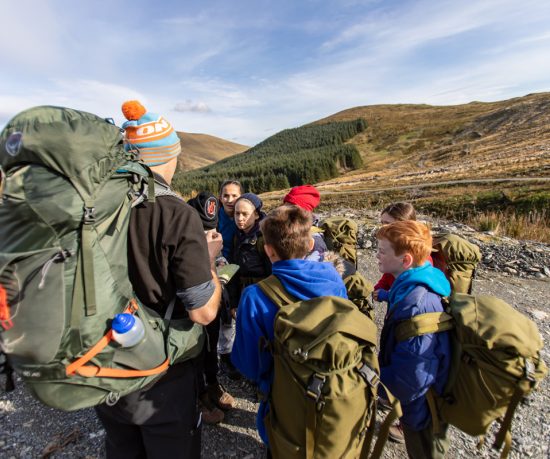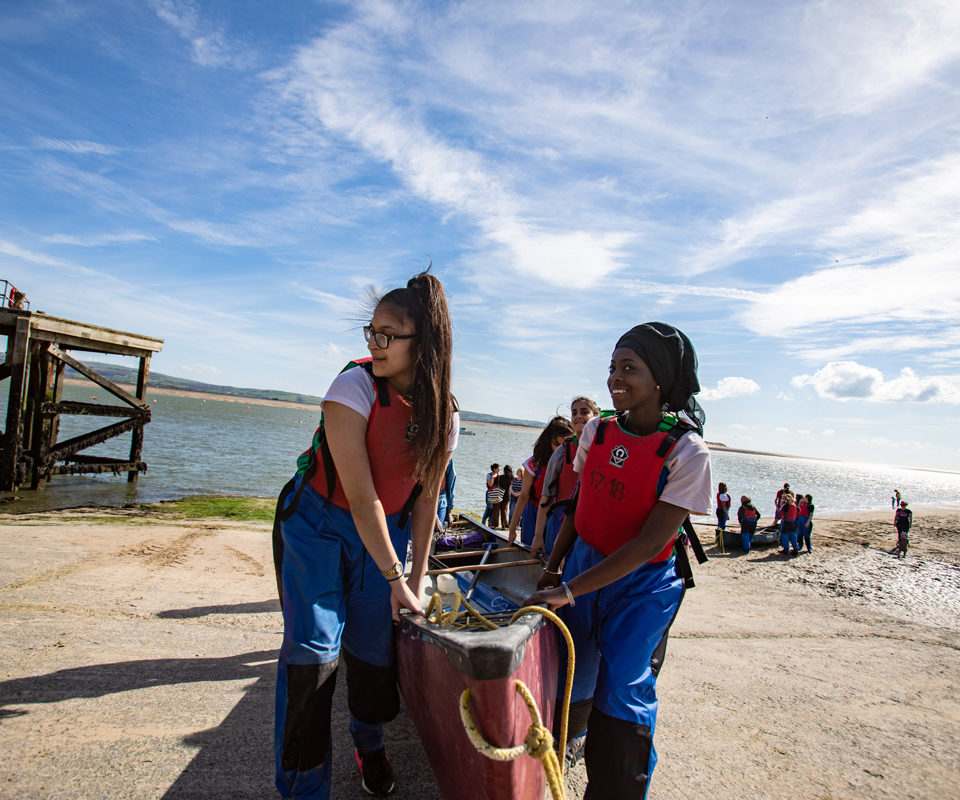What exactly is character?
In England, it’s the word on everyone’s lips. Teachers are trying to develop it. Employers will pay more for it. Politicians are driving policies based on it. But what exactly is it?
The Education Secretary wants an education system that more specifically focuses on developing a young person’s character – seen as having wide-ranging benefits, from mental health and wellbeing to employment prospects.
What we’re talking about are the attitudes, skills and behaviours that are thought to underpin success in school and beyond. You might have heard them referred to as ‘non-cognitive skills’, ‘essential life skills’ or ‘social and emotional skills’. There is a vast range of skills encompassed in this notion of character.
The Educational Endowment Foundation (EEF) gives the top eight most learnable character traits as:

- Self-perception
- Motivation
- Perseverance
- Self-control/regulation
- Metacognitive strategies
- Social competencies
- Resilience and coping
- Creativity
Character is pretty essential in young people’s lives playing a key role in enabling them to ‘flourish’ – fulfil their potential. Therefore a central goal of education is character education: the use of implicit and explicit educational activities to develop positive personality traits, like those highlighted above.
Building character through the education system
The Jubilee Centre for Character and Virtues has a character education framework that describes the ultimate aim of character education as the development of 'practical wisdom', which is:
The capacity to choose intelligently between alternatives. This capacity involves knowing how to choose the right course of action in difficult situations. It arises gradually out of the experience of making choices and the growth of ethical insight.”
The notion of character and character education are certainly not new. They have been central to the history of education, no more so than in the development of Outward Bound where our founder Kurt Hahn sought to develop an educational approach which above all was ‘character-building’.
Contemporary character education has a much broader understanding, guided by developments in positive psychology and positive youth development (PYD). PYD focuses on promoting positive behaviours and skills in young people - emphasising their strengths, resources and potential, rather than their deficits. It adopts a holistic view of development, incorporating physical, personal, social, emotional, intellectual and spiritual development.
Character development using adventurous learning
Outdoor education has consistently been shown to aid the development of character traits - attitudes, skills and behaviours, underpinning success in school work and life. In fact, at Outward Bound we are supporting further research into this area by working with the EEF on their adventure learning trial. This research will assess the impact of an adventure learning experience on character development and attainment.

At Outward Bound, we use the word ‘character’ interchangeably with social and emotional learning and soft skill development. But don’t worry – the effect is the same! For us, character is a broad term encompassing all of those attitudes, skills and behaviours, not just ‘toughness'.
And PYD is embedded in our pedagogical approach too. Our mission is to unlock the potential of children and young people through learning and adventure in the wild.
And at the core of this mission is the belief that we all have undiscovered potential; our courses work to create moments where every young person can see and believe in themselves.
What we pride ourselves on most is providing young people with adventurous experiences in the wild – the kind of experience in which they have to make choices, undertake practical problem-solving and collaborative learning in their teams and focus on explicit reflection and discussion of thinking and emotion. These are the experiences that lead to ‘practical wisdom’ - the ability to make educated, ethical decisions.
Flourishing – reaching our full potential – is more than just meeting DfE requirements. The development of character has a place beyond education but we think that is where it should start.
If character develops through experience, which experiences will you choose for your students?
When armed with strong character and resilience, we believe young people have the power to smash their potential. Find out how we support character development.

Further Reading

A focus on ACEs - Adverse Childhood Expe...
11 April 19
What are the impacts of ACEs and how can we mitigate them?

Why winter could be better than summer (...
30 May 19
We're making the case for winter residentials.

Screen time: moral panic or genuine risk...
7 February 19
Government has published new recommendations on young people’s use of technology